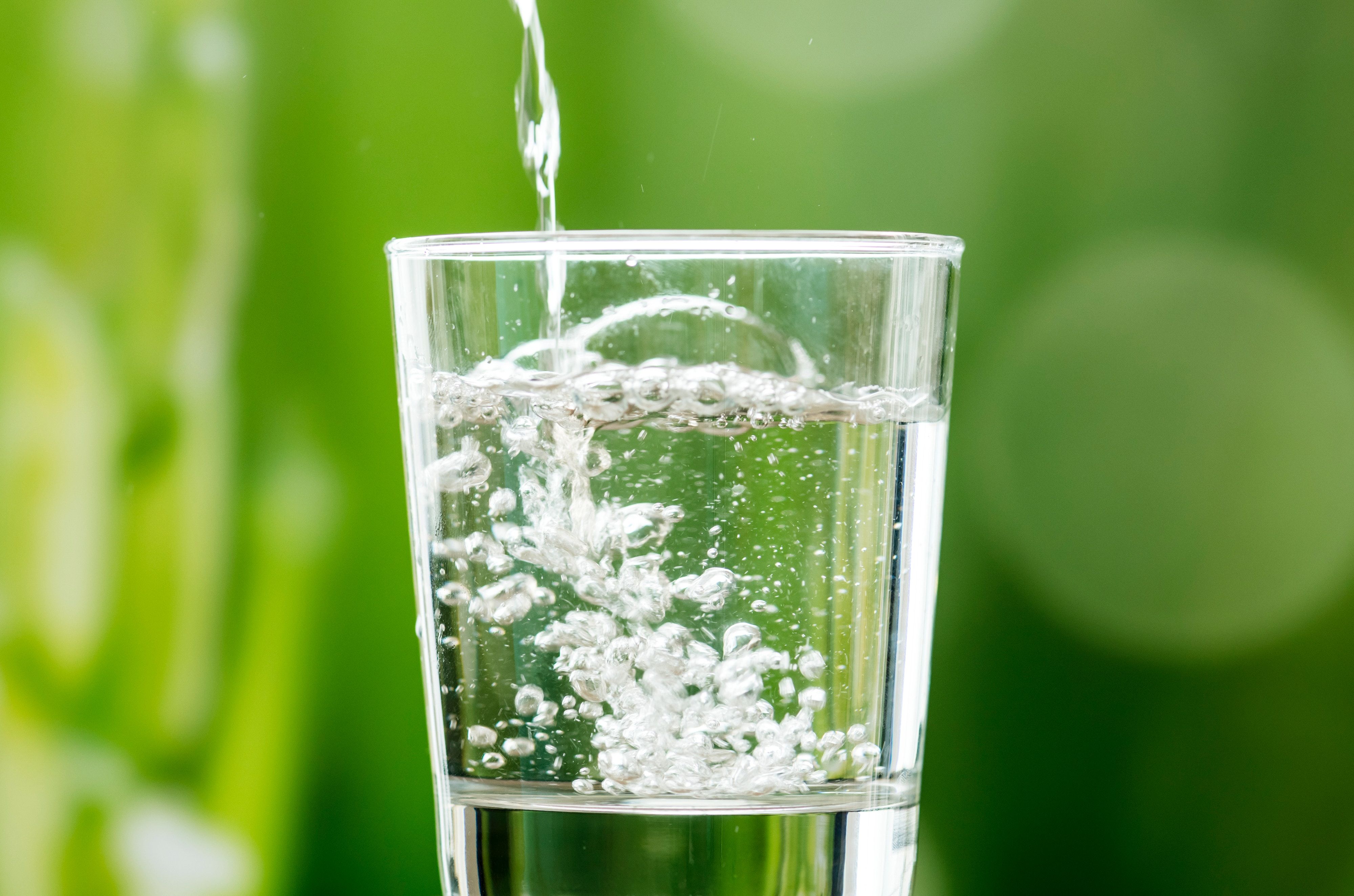South Africa’s water sector ripe with investment opportunities
COVID-19 reinforces need to invest in water infrastructure
South Africa has some of the cleanest water systems in the world but is naturally a water-scarce country, characterised as the 30th driest country the world. Combined with uneven rainfall distribution, high temperatures and very low rainfall, the country’s water resources are increasingly under pressure.
South Africa’s water resources remain at risk as the bulk water infrastructure is struggling to cope as more people migrate from rural areas to the urban areas. This situation is further driven by informal settlements on private land, lack of bulk infrastructure as well as poor and problematic maintenance of the infrastructure. The COVID–19 pandemic further highlighted the lack of secure water supply and sanitation, particularly in rural communities while reinforcing the need to invest in water infrastructure. Accordingly, the lack of access to safe sanitation opens up several opportunities for development and potential investment.

South Africa loses a tremendous amount of water annually due to water either being stolen or lost through leakages or faulty metering. In 2020 it was reported that South Africa was losing an average of R7.2 billion per year due to water leaks. This amounts to about 41% of the country’s potable water being lost, with an average varying between 37% and 45% annually. The Water and Sanitation department (DWS) has however, set a goal to reduce losses to 10% or lower, being in line with global best practice of about 15%. By attempting to reduce annual water losses to just 26%, the country would require an investment of R 676 million, which would translate to potential water savings of R6 billion a year.
Currently, 14 million South Africans are living without access to safe sanitation and in a 2018 General Household Survey, about 2.8 million households do not have access to safe and dignified sanitation. This, however, translates into a market potential of about R41.4 billion, with the City of Cape Town having the largest investment potential for non-sewered sanitation systems, at almost R2 billion in capital investment.
Investing in new water and sanitation infrastructure introduces additional opportunities that could help the reduction of multidimensional poverty and inequality. These investment opportunities in conjunction with the national government's willingness to improve sanitation are intended to create many jobs, stimulating economic recovery and ensuring water security well into the future. This could help South Africa move forward in water and sanitation innovation in order to provide safe water and sanitation for every one of its citizens.

Data sourced from StatsSA
Lynne Martin
